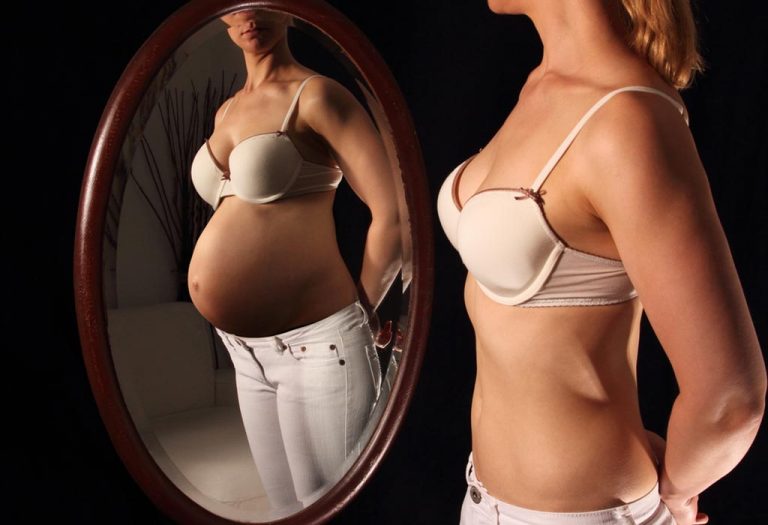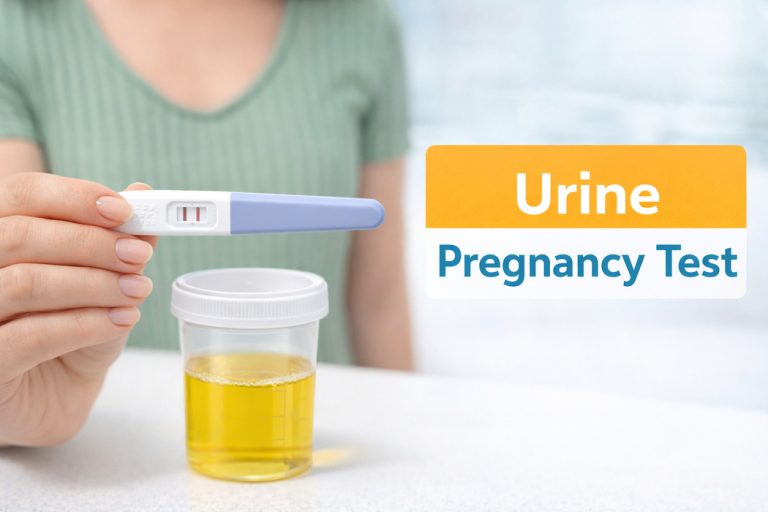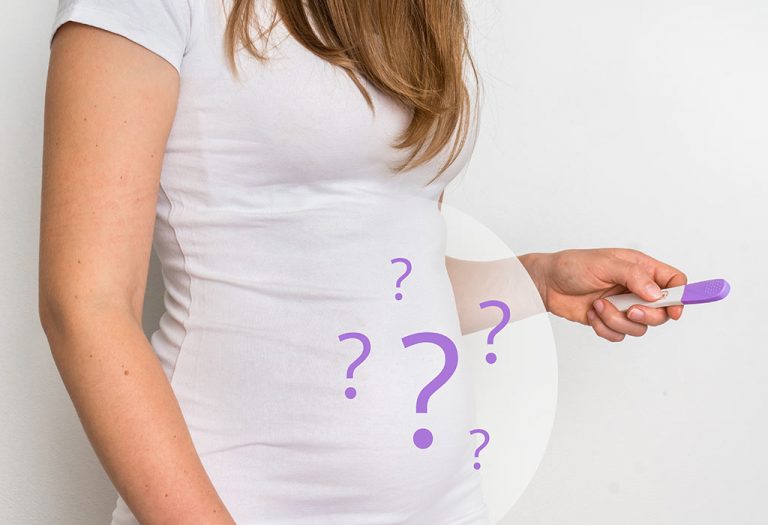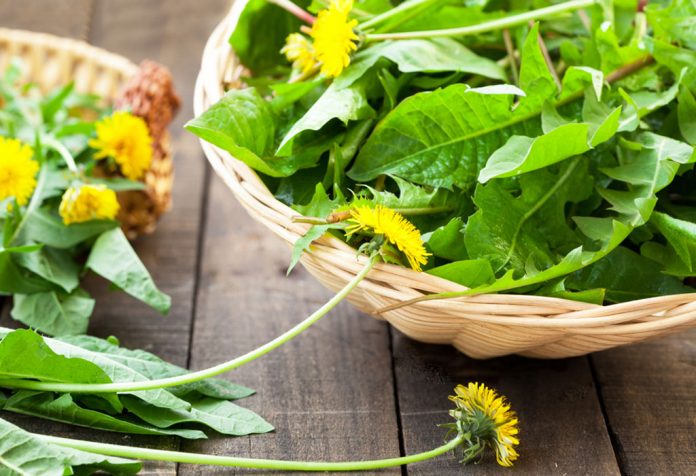Getting Pregnant at 40 – Benefits & Risks

Getting pregnant at 40 is a topic that increasingly resonates with many women as they choose to focus on their careers, personal growth, or relationships before starting a family. A few decades ago, having a baby at 40 was considered either impossible or risky. Not anymore. The risks might still be there, yet medical technology has advanced, and with so many fertility treatments available, it is now easier to get pregnant at 40. As long as one maintains their health and consults a doctor, getting pregnant at 40 is very much on the cards! In this article, we will discuss both sides of the equation to help women make informed decisions about their reproductive health.
Pregnancy in Your 40s
A woman’s biological systems, especially the reproductive system, function best between the 20s to 30. But during their 40s, the changes that take place within the body have an effect on the reproductive capability of the individual.
At 40-44 Years: The quality and quantity of eggs are at its best in younger years. With an increase in age, both decrease. In the early 40s, one will find that it becomes difficult to get pregnant at 40 naturally. Also, at this age, the eggs produced may have chromosomal abnormalities (1). However, assisted reproductive mechanisms can be sought to get pregnant. If eggs are found to be abnormal, then donor eggs can be availed and IVF treatment can be done. The other problem is with the uterus. The lining gets thicker leading to the lower blood supply to the uterus, which can make egg implantation difficult (2).
Menopause also occurs at this age which will shorten the menstrual cycle. This means ovulation can occur even on day 9 as opposed to day 15 as on a normal cycle. You can get an ovulation kit to determine the exact days of ovulation as having sex on these days can increase the chances of pregnancy.
At 45 Years and Beyond: The odds of getting pregnant naturally decrease further after 45. Yet, one need not lose heart as fertility treatments such as IVF can be done. Since eggs are checked and only healthier eggs are implanted, there is a better chance of healthy embryos. Donor eggs can also be tried if no eggs are found to be healthy. This method can be the best way to have a healthy pregnancy as there is a high success rate for becoming pregnant after 40.
Benefits of Having a Baby in 40s
Having a baby in your 40s comes with its own unique set of benefits that many women find rewarding. Here are a few of the benefits of getting pregnant at forty (3) (4).
- Emotional and Financial Stability: You are most likely to be financially secure and emotionally ready at this age. You are probably in the best phase of your career and practically ready to relax. You also tend to be more stress-free at this age, as every other factor has been in your favour.
- Stronger Relationship: This is also the age when your relationship is at its peak as you and your partner have been together for a while. Thus, you are in a comfortable place in your relationship. You are sure to have a baby with the person you love and this will also mean a stronger family foundation for your child.
- Wiser Parenting: You are at an age where you tend to be wiser, more mature and sensible. So, as an older mother, you may also be able to take practical as well as wiser parenting choices. You can be the best mother there is at this age.
- Better Quality of Life for the Child: At 40, both parents tend to be in a financially well-off position which helps in better parenting as you can now afford to provide the best for your child.
- Increased Chances of Having Twins: There is a better chance of having more than one baby. If you are trying to conceive naturally, then the hormones will have to work overtime which may lead to more than one egg being implanted. Thus, the chance of having twins is more at this age. Same, if you are opting for assisted pregnancy such as donor eggs, IVF, etc., there is a higher chance of more than one baby (2).
Risk of Pregnancy at 40
Pregnancy at 40 can be a rewarding yet challenging experience. Although medical advancements have significantly improved the ability to detect and manage the risks, women in their 40s still face a higher likelihood of complications. Here are some of the risks associated with pregnancy at this age (2) (3):
- Increased Risk of Birth Defects: The main disadvantage of getting pregnant after 40 is that there is a higher risk of the baby being born with abnormalities. This age is regarded as a high-risk pregnancy age. It is seen that babies born in older mothers are at a higher risk to conditions such as Down’s Syndrome. Chromosomal abnormalities also tend to occur in pregnancies over 40 years (1) (4).
- Higher Risk of Miscarriage: Women over 40 have a higher chance of miscarriage due to declining egg quality and increased chromosomal abnormalities. Studies show that the risk of miscarriage can rise to nearly 50% in women over 40 compared to younger mothers (5).
- Gestational Diabetes: Older mothers are more prone to developing gestational diabetes, a condition that affects blood sugar levels during pregnancy. If left untreated, it can lead to excessive birth weight, premature birth, and an increased likelihood of type 2 diabetes later in life (6).
- High Blood Pressure and Preeclampsia: The likelihood of developing high blood pressure or preeclampsia increases with age, which can pose serious health risks. Preeclampsia can lead to complications such as premature delivery, organ damage, and even life-threatening conditions for both mother and baby (7).
- Preterm Birth: Older mothers have a higher risk of delivering prematurely, which can lead to health complications for the baby. Preterm babies may require intensive medical care and face developmental challenges.
- Increased Need for C-Section: There is a higher likelihood of requiring a cesarean section due to complications during labour. Factors such as decreased uterine elasticity, fetal distress, or prolonged labour contribute to this increased risk (8).
- Placenta-Related Issues: Conditions like placenta previa (where the placenta covers the cervix) or placental abruption (where the placenta separates from the uterus too early) are more common in older mothers, affecting fetal development and delivery (9).
- Need for Increased Monitoring: Even if one gets pregnant and all the tests are favourable, extra care is required during the whole period of pregnancy and even after delivery. In some cases, doctors also advise complete bed rest.
Chances of Getting Pregnant After 40
There are many studies that have proved that many women over 40, grapple with fertility issues. The chances of getting pregnant post 40 do decrease and there is probably 5 to 20 per cent chance for women in their 40s and later.
A woman in her 30s will have about 75 per cent chances of getting pregnant whereas, the chances of conceiving at 40 are drastically reduced. This is because the number of eggs that are produced decreases considerably as age advances. During a person’s younger years, the number of eggs produced ranges between 300,000-400,000 but the number of eggs produced in women after 37 years is just about 25,000. The quality of the eggs also deteriorates as their age increase.
The prevalence of miscarriage also increases in pregnancies over 40. In the early 40s, the chance of miscarriage is about 34 per cent whereas, by the age of 45, the chances rise to about 53. There are also other complications such as genetic abnormalities, chromosomal problems and so on.
Yet, with so many Assisted Reproductive Technologies (ARTs) now available, chances of getting pregnant at 40 today are considerably higher than any time. Thus, it is a great time to try to get pregnant at 40. Even if eggs are not viable, then one can go for donor eggs and with the help of IVF, women over 40 can easily get pregnant now and deliver healthy babies. With modern medicine, having a baby at 45 years old is possible now (10).
What Are the Chances of Getting Pregnant Naturally in the 40s?
The chances of getting pregnant at the 40s depend on various factors such as the health of the mother, the lifestyle of the parents and so on. In early 40s, there is a 20 per cent chance of pregnancy while post 45, the percentage decreases and now it is about lower than 5 percent.
At the same time, you can try for pregnancy after 40 years old naturally by bringing about certain changes in your lifestyle and eating habits. In fact, there are cases in which healthy lifestyle changes have helped women get pregnant.
Maintain Normal BMI: The right Body Mass Index (BMI) is necessary for the body to function normally. That is, you should have the ideal weight as per your height. This means you should try to maintain normal body weight. One of the leading causes of infertility in women is because of obesity. Hormones function normally in women with weight in the ideal range. At the same time, you should try to lose weight naturally if you are overweight and trying to conceive. Never starve but eat healthily. Incorrect ways of dieting can lead to nutrition deficiency which can prevent endocrine hormones from functioning normally.
Weight loss supplements are also not advisable as they interfere with hormonal functioning.
Healthy Eating: There is something called as ‘fertility diet’ which refers to the right nutrition required for a normal pregnancy at age 40. The body requires optimal nutrition when pregnant as the food eaten by the mother contributes to the nutrients reaching the uterus. There should be enough calories, proteins, vitamins, minerals and other constituents of food to ensure a normal and healthy pregnancy. Have more vegetables and fruits. Avoid caffeinated drinks and alcohol. Resist smoking. Have more soups in place of any other drinks, hot or cold. Leafy and green vegetables are ideal, especially broccoli, spinach, dill, cauliflower, kale, beans and more.
Folic acid is of utmost importance for pregnancy. Consume more fish as they can provide folic acid. Avoid red meat but increase intake of lean meat. Eggs are also super beneficial for proteins.
You should also have more salad and smoothies to ensure that your body gets all amino acids, antioxidants and minerals for a healthy pregnancy.
Tips: Try an ovulation kit to predict the exact day of your ovulation. The body temperature tends to be higher during ovulation. Check cervical secretion as this also indicates the embryo condition. Have intercourse every alternate day. It is also said that undertaking positions to ensure deeper penetration also helps in faster pregnancy.
Supplements: Women over 40 can also take the help of several supplements to boost the chances of getting pregnant. Vitamin E supplements, folate supplements, calcium and other such supplements can provide the necessary nutrition and thus facilitate the working of hormones.
What Are the Chances of Getting Pregnant With Fertility Treatment?
Today, there is a lot of help available to women over 40 to get pregnant, so there is an increased chance of getting pregnant with fertility treatments as compared to earlier days
Just because there is a problem doesn’t mean there isn’t a solution. For example, if in a woman of 40 or beyond, the eggs are found to be of low quality or if there is an insufficient number of eggs, then she can go for donor eggs and get pregnant.
There is the IVF or In Vitro Fertilisation in which the embryo is created outside the womb and then implanted. This procedure not only has a higher chance of pregnancy but it can also ensure the birth of a healthy baby.
ICSI or Intracytoplasmic Sperm Injection is also widely used as a sure shot for pregnancy at 40s.
Consult a doctor and undergo a thorough medical check-up to find what is affecting your chances of pregnancy. Accordingly, the doctor will suggest remedies or procedures. Lead a healthy lifestyle and take all the medicines as per doctor’s advice. There is a higher chance of women over 40s to get pregnant and have healthy babies with fertility treatments.
What You Can Do to Get Pregnant After 40?
If you are trying to get pregnant at 40, then the first thing that you should do is to switch to a healthier lifestyle. Prepare yourself. Find out what your ideal weight must be and work to achieve it. Work out and eat well to maintain your ideal and normal weight. If you are obese, lose weight but healthily. Do not starve or go on a crash diet because, at this stage, your body requires more nutrition.
Consult a doctor or a fertility specialist and discuss all the ways on how to increase fertility after 40. There can be natural ways or you can opt for fertility treatments, or undergo assisted reproductive practices. The doctors will check your ovulation cycle, the ovaries, the health of the uterus, the quality of the eggs and your general health and will guide you accordingly.
Herbal Remedies to Enhance Fertility After 40
As women age, fertility naturally declines, but certain herbal remedies can help support reproductive health and improve the chances of conception. Below are some time-tested herbs known for their fertility-boosting properties.
- Maca Root: Maca root is an adaptogenic herb that helps balance hormones, boost energy levels, and improve libido. It is rich in essential nutrients that support overall reproductive health.
- Vitex (Chaste Tree Berry): Vitex is widely used to regulate menstrual cycles and support progesterone production, which is crucial for maintaining a healthy pregnancy. It can be especially helpful for women experiencing irregular cycles or hormonal imbalances.
- Red Clover: Red clover is packed with phytoestrogens, which help balance hormone levels and improve overall reproductive function. It also detoxifies the body, enhances blood circulation to the reproductive organs, and supports a healthy uterine environment (11).
- Shatavari: A well-known herb in Ayurveda, Shatavari is often called the “queen of herbs” for female reproductive health. It supports hormonal balance, improves cervical mucus production, and strengthens the uterus.
FAQs
1. How can I ensure a healthy pregnancy at 40?
A healthy pregnancy starts with good prenatal care. Regular check-ups, staying active, managing stress, eating a nutrient-rich diet, and following medical advice can significantly improve the chances of a smooth and healthy pregnancy (2).
2. How does pregnancy at 40 impact postpartum recovery?
Recovery may take longer for older mothers due to higher chances of complications such as C-section deliveries or pre-existing health conditions. However, proper postpartum care, rest, and support can aid in a smoother recovery.
It is a fact that the chances of getting pregnant at 40 or after 40s do decrease but at the same time, it is heartening to note that there are many women over 40 today getting pregnant and having healthy babies. Science is there to help, provided you are ready for it. So, take each day as it comes and follow your doctor’s advice and you will soon hear the ‘good news’.
References/Resources:
2. Tommy’s – What happens if I’m pregnant over the age of 40?
3. Cleveland Clinic – Advanced Maternal Age
4. PubMed Central – The risks of having children in later life
5. PubMed Central – Maternal age and fetal loss: population based register linkage study
6. American College of Obstetricians and Gynecologists – Gestational Diabetes
8. PubMed – Pregnancy after 40 years of age
9. University of Michigan – 5 Placenta Issues Every Woman Should Know
10. National Library of Medicine – Assisted Reproductive Technology (ART) Techniques
11. PubMed Central – Female infertility and herbal medicine: An overview of the new findings
Also Read:
Getting Pregnant at 50’s
How to Conceive Baby Fast & Easily
Best Sex Positions for Getting Pregnant
Chances of Pregnancy Before, During and After Periods
What is the Best Time of the Day to Get Pregnant?
Was This Article Helpful?
Parenting is a huge responsibility, for you as a caregiver, but also for us as a parenting content platform. We understand that and take our responsibility of creating credible content seriously. FirstCry Parenting articles are written and published only after extensive research using factually sound references to deliver quality content that is accurate, validated by experts, and completely reliable. To understand how we go about creating content that is credible, read our editorial policy here.







































